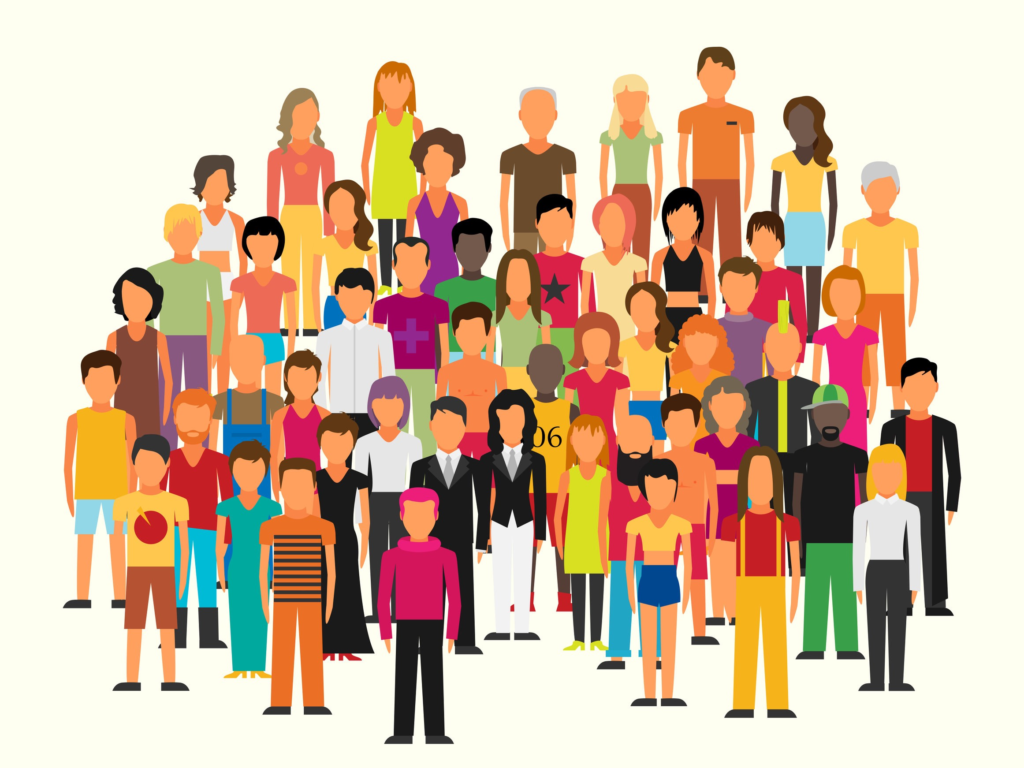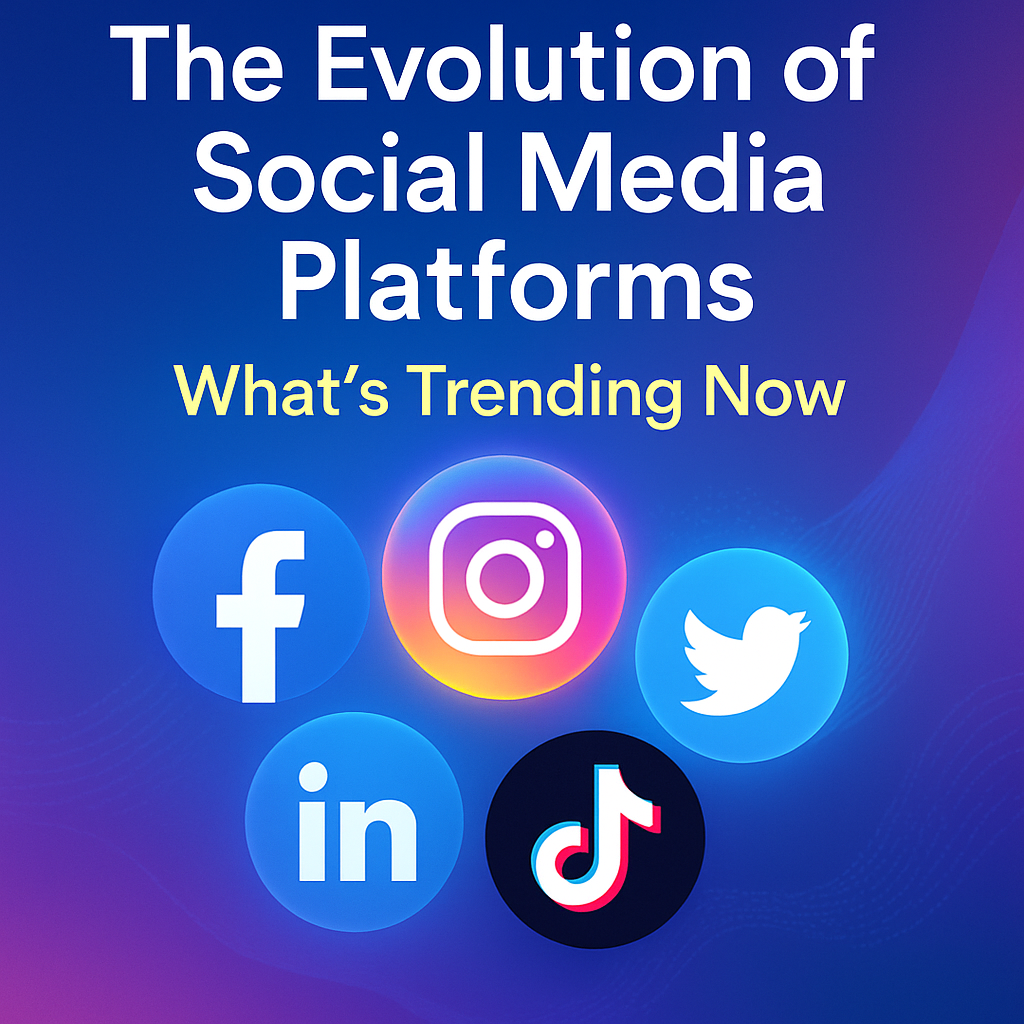Social media has come a long way since its inception, evolving from simple platforms for connecting with friends to dynamic ecosystems that shape culture, commerce, and communication. For young people and adults alike, understanding the trends shaping social media today is essential to staying connected and informed in this ever-changing digital landscape.
The Early Days: From Connection to Community

Social media began as a way to connect people. Platforms like MySpace and Friendster in the early 2000s allowed users to create profiles, share updates, and build online communities. Facebook revolutionized this space in 2004, introducing features like the News Feed, which personalized content and expanded the scope of social networking. These early platforms laid the foundation for the social media giants we know today.
The Rise of Visual and Short-Form Content

In recent years, visual content has taken center stage. Platforms like Instagram, Snapchat, and TikTok have capitalized on the popularity of photos and videos, offering users creative ways to share their lives. TikTok, in particular, has redefined short-form video content, with its algorithm-driven feed keeping users engaged for hours. Instagram responded with Reels, while YouTube introduced Shorts, highlighting the growing demand for quick, entertaining content.
Social Media as a Marketplace

Social media is no longer just about connection; it’s also a hub for commerce. Platforms like Instagram and TikTok have integrated shopping features, allowing users to discover and purchase products without leaving the app. Social commerce is projected to grow exponentially, with brands leveraging user-generated content (UGC) and influencer partnerships to drive sales.
The Role of Artificial Intelligence

AI is transforming social media in unprecedented ways. From personalized content recommendations to AI-generated influencers, platforms are using advanced algorithms to enhance user experiences. Tools like chatbots and AI-driven analytics are also helping businesses engage with their audiences more effectively.
The Shift Toward Authenticity

As users grow weary of overly curated content, there’s a shift toward authenticity. Platforms like BeReal encourage users to share unfiltered moments, while niche communities on Reddit and Discord foster genuine connections. This trend reflects a desire for more meaningful interactions in a digital world often dominated by perfection.
Privacy and Decentralization

With growing concerns about data privacy, decentralized social media platforms are gaining traction. Blockchain-based networks give users more control over their data, offering a transparent and secure alternative to traditional platforms. This shift could redefine how we interact online, emphasizing user autonomy and trust.
What’s Next for Social Media?

The future of social media is poised to be even more immersive and innovative. Virtual reality (VR) and augmented reality (AR) are set to transform how we interact, with platforms like Meta’s Horizon Worlds leading the charge. Additionally, the focus on sustainability and social responsibility will continue to shape platform policies and user expectations.
Final Thoughts
The evolution of social media reflects our changing relationship with technology and each other. From its humble beginnings to its current status as a cultural and commercial powerhouse, social media continues to adapt to the needs of its users. By staying informed about trends like short-form video, AI integration, and decentralized platforms, young people and adults can navigate this dynamic landscape with confidence.
Read this Next:
1 Future of Electric Vehicles: The Best innovations and Discoveries
2 The Future of Renewable Energy: Solar, wind, and beyond.
3 Digital Detox: How to unplug and reconnect with the real world.
4 The Minimalism: Living with less in a consumer-driven world
5 The Gig Economy: Opportunities and challenges for freelancers.

© YourCoinBlox. Not to be reproduced without perm


3 thoughts on “The Evolution of Social Media Platforms: What’s Trending Now.”
FTRgame01, yeah? Had a go! Alright selection of games and the site’s pretty straightforward. Give it a go if you are new to gaming. Let me know your experiences!ftrgame01
Fubetcassino, hey there! Just swinging by to say, the site looks slick and the games are definitely keeping me entertained. Could use a few more bonus offers, though, you know? 😉 Check it out yourself: fubetcassino
Yo! Wanted to share my experience with b52shot. I’m enjoying the different games they offer and the overall experience is really good. Definitely worth trying. See what they’ve got at b52shot.